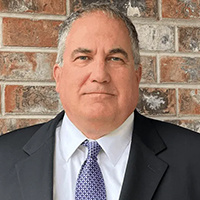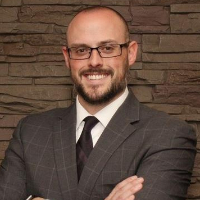Salt Lake City Misdemeanor Lawyer, Utah
Sponsored Law Firm
-
 x
x

Click For More Info:
-
Hepworth & Associates
Serving all of Utah » view mapUtah Criminal Lawyers Things Get Better From Here
Providing professional and compassionate representation in various criminal cases. Hepworth & Associates are tough, strong and fair attorneys.
800-625-0860  Michael Hepworth Bountiful, UT
Michael Hepworth Bountiful, UTAttorney At Law - Utah
Sturm College of Law, J.D. - 2014
 Tyler Call Bountiful, UT
Tyler Call Bountiful, UTAttorney At Law - UT, 2015
U of Oregon, J.D. - 2014
 M. Tanner Clagett Bountiful, UT
M. Tanner Clagett Bountiful, UTAttorney At Law - UT, 2016
U of Denver, J.D. - 2014
Dave Clark
✓ VERIFIEDI went to law school just to be a criminal lawyer. I served as a prosecutor for almost 30 years, but defense law was always my true passion. I'm a nat... (more)
Joseph Earl Rupp
✓ VERIFIEDJoseph is a criminal defense attorney and retired U.S. Marine Corps officer. He has been defending the Constitution since 1987. After a 27-year career... (more)
Logan Eric Collins
Logan Collins is a criminal defense attorney in Bountiful, UT. He concentrates his practice on DUI, drug crimes, violent crimes and more. Logan is a m... (more)
FREE CONSULTATION
CONTACTFREE CONSULTATION
CONTACTThomas A Jones
FREE CONSULTATION
CONTACTFREE CONSULTATION
CONTACT
 Michael Hepworth Bountiful, UT
Michael Hepworth Bountiful, UT






